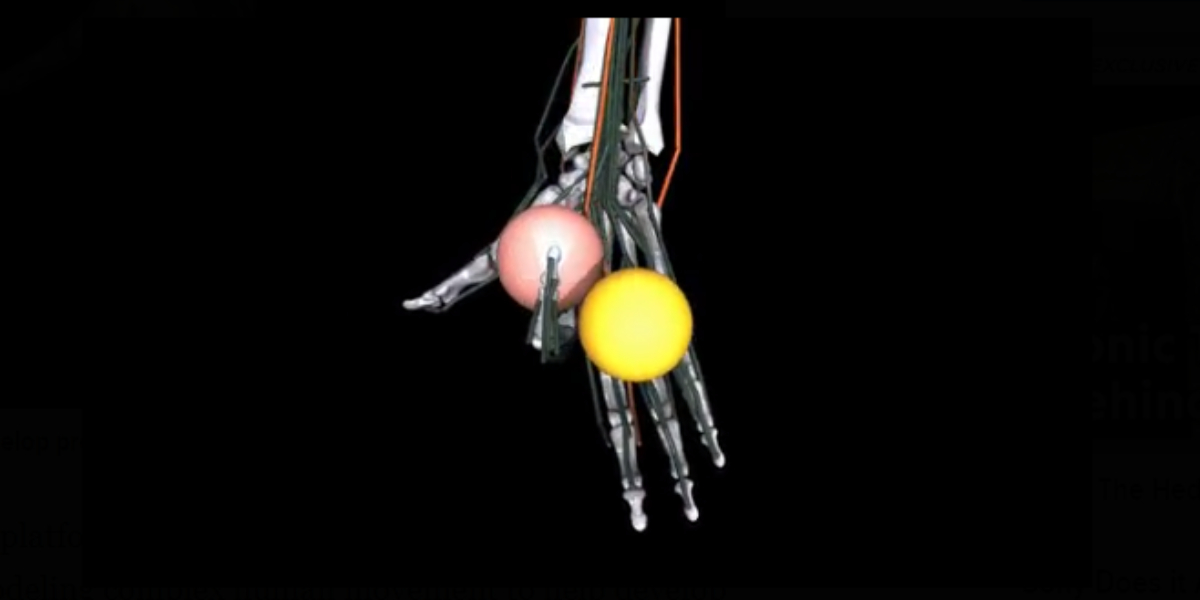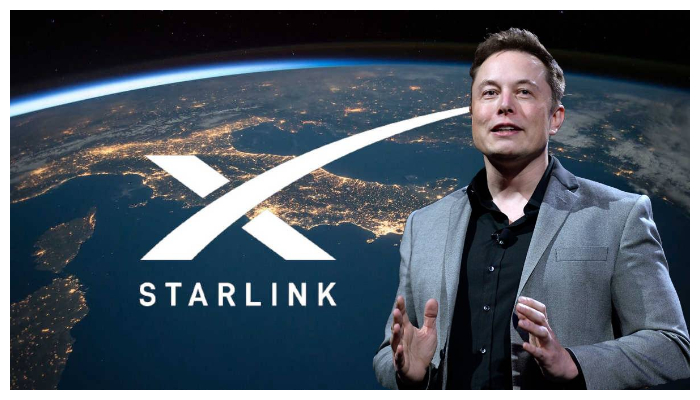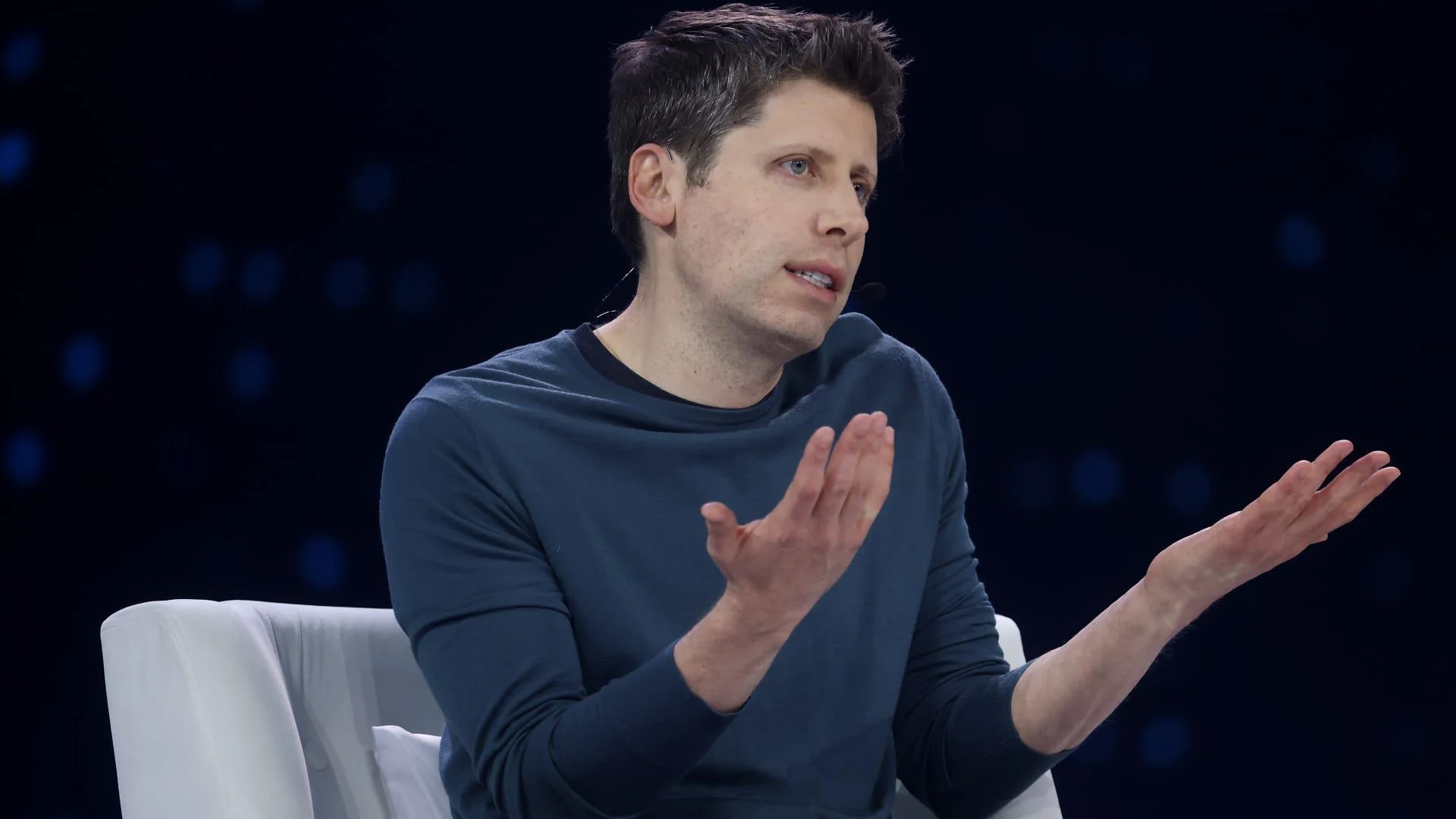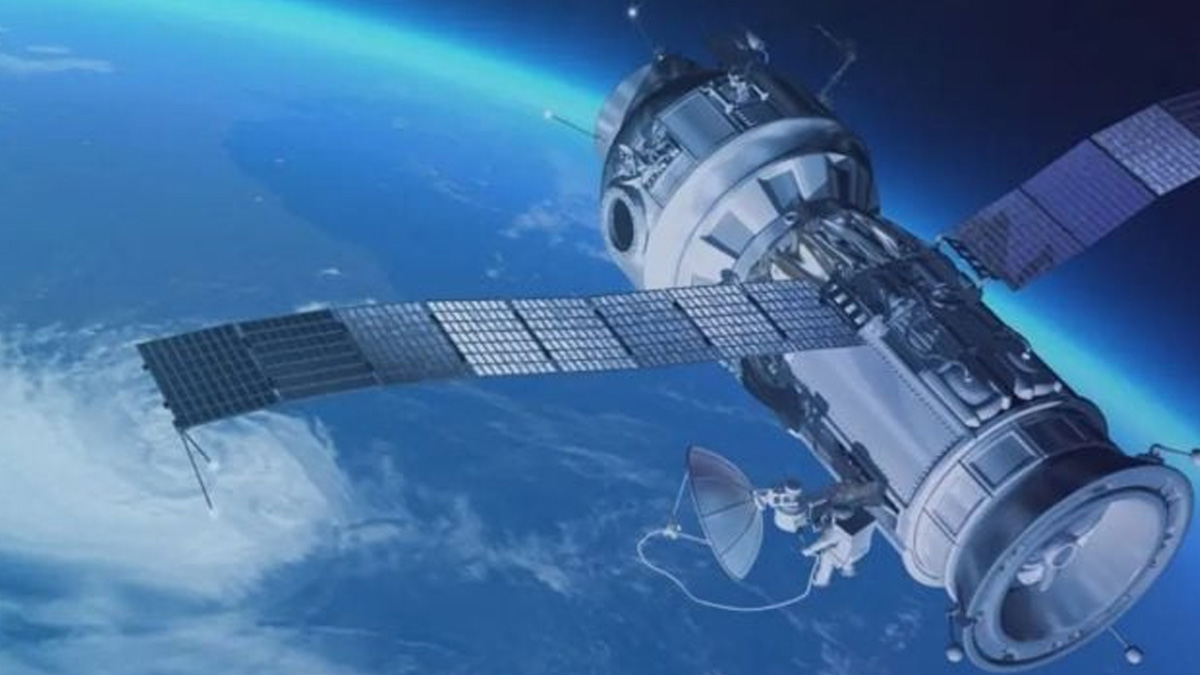In a news release today, Meta announced their new AI platform, MyoSuite. The programme is intended to replicate complicated human movement in order to aid in the development of prostheses and, maybe, metaverse avatars.
MyoSuite is a tool that uses machine learning to assist researchers better understand biomechanical control challenges. According to Meta, the product is 4,000 times quicker than previous musculoskeletal modelling software.
Meta was able to represent things like twisting a key or twirling a pen because to the software’s efficiency. Since they’ve been able to mimic these behaviours, Meta says they’re excited to make progress in prosthetics and physical rehabilitation. To be honest, this is a laudable goal until it becomes a little weird.
As Mark Zuckerberg said on Facebook today, “This research could accelerate development of prosthetics, physical rehab, and surgery techniques,” added, “It could also help us develop more realistic avatars for the metaverse.”
Please wait a moment. Meta has been experimenting with avatars since announcing its metaverse intentions, and they generally take the shape of a cartoonish—borderline cute—version of a person. However, the possibility of Meta avatars with anatomically precise skeletons and motions seems to be a step too far into the uncanny valley.
[embedpost slug= “/how-to-turn-on-off-captions-in-instagram/”]





















